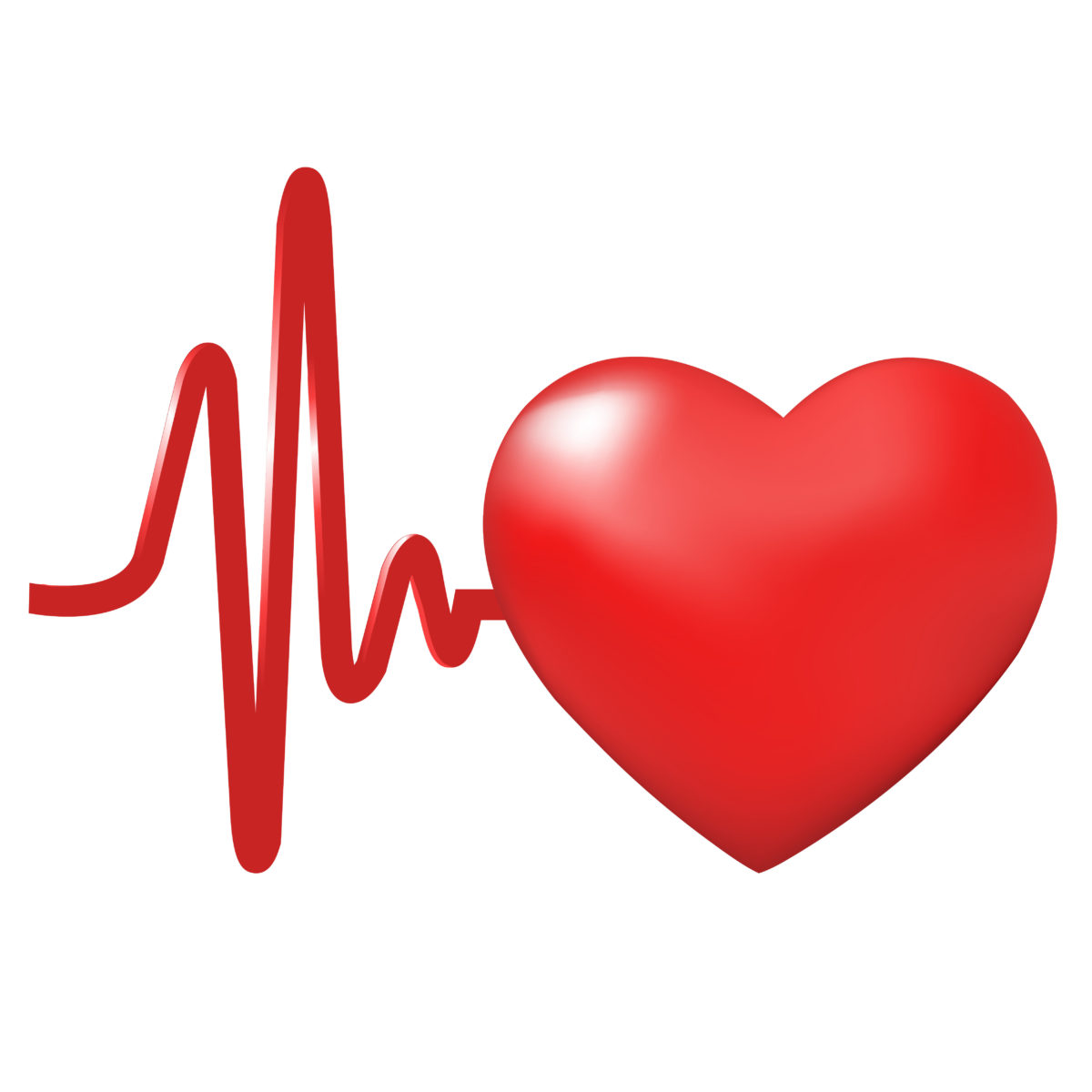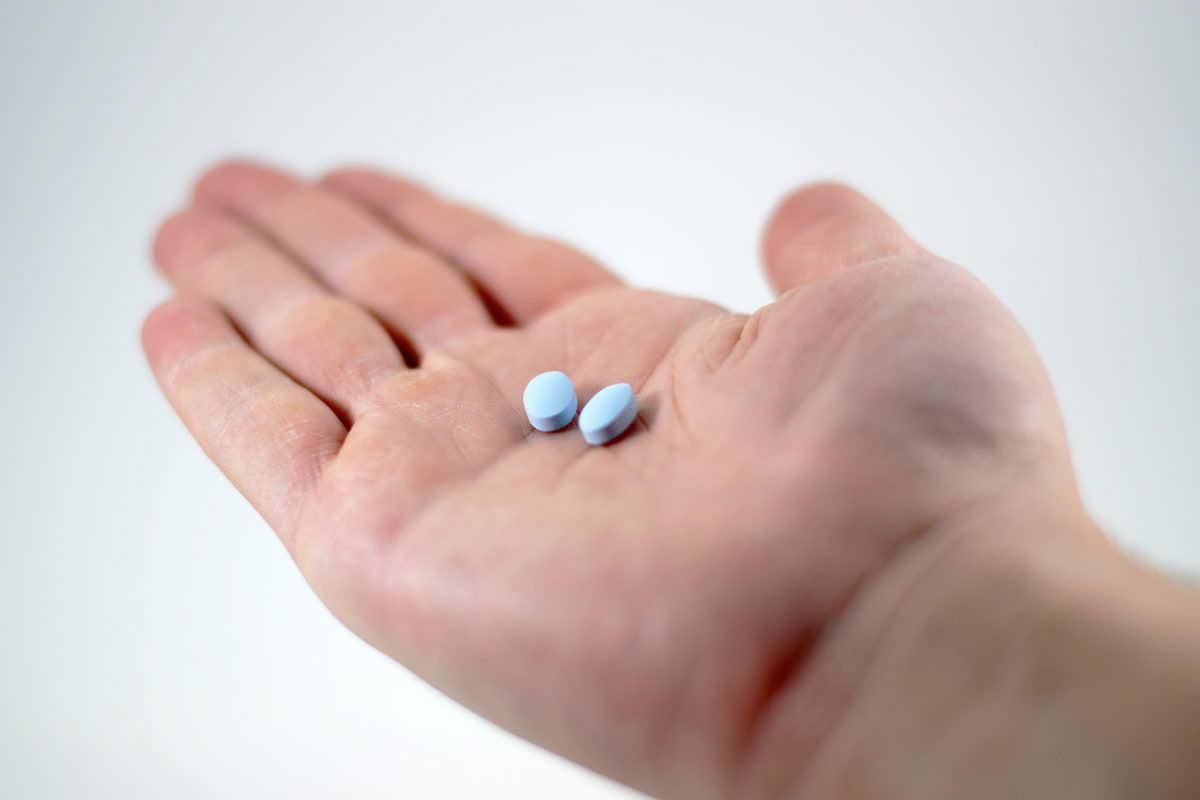Keeping tabs on your health in today’s digital age is easier than ever before. But did you know that when it comes to monitoring your heart rate, a wrist-worn device isn’t as effective as one that’s strapped to your chest?
PC Magazine recently offered a review of 10 wearable heart monitors, and four out of the top five personal devices used chest straps to record heart activity. The magazine noted that chest-strap models, which use an electrical pulse to measure heart rate, are more accurate than wrist-worn devices that employ optical technology.
That finding is backed by a March 2017 report by the Cleveland Clinic, which tested five wrist-worn fitness trackers and came to the same conclusion – that monitors worn across the chest are more accurate at measuring heart rate while exercising.
Heart monitoring during sustained physical activity is especially important for individuals with heart murmurs and mild-to-moderate mitral valve regurgitation (MVR).
Here’s a list of the top chest-worn models (prices may vary):
—Wahoo Fitness Tickr X Heart Rate Monitor: “The Wahoo Fitness Tickr X is the best heart rate strap you can buy. It’s so much more than just a heart rate monitor, and yet it costs the same as other excellent chest straps that don’t offer nearly as much. It doubles as a run tracker. You can use it with or without your phone.”
$99.99 MSRP; $79 at Amazon.com (http://amzn.to/2wCvvb1)
—Polar H7 Heart Rate Sensor: “Polar users in need of an accurate HRM can’t go wrong with the H7, but it’s also good for anyone looking to add heart rate data to their run-tracking using one of the five supported apps. And if it works with your home or gym fitness equipment, all the better. The price is right, too. The Polar H7 is one of the most versatile and accurate HRMs available.”
$79.95 MSRP; $62.99 at Amazon.com (http://amzn.to/2gD39nJ)
—Polar H10 Heart Rate Sensor: “If your current H7 chest strap is showing some wear and tear, you might want to think about upgrading to the H10. The extended battery life and built-in memory make it a solid investment, especially if you have or are thinking of getting a Polar fitness tracker.”
$89.95 MSRP; $89.95 at Amazon.com (http://amzn.to/2wCXrvr)
—Garmin HRM-Run: “For runners who want a plethora of data, the Garmin HRM-Run gives you advanced stats including cadence, oscillation, ground contact time, ground contact balance, stride length, and vertical ratio. It makes for a pricey bundle when paired with a compatible tracker, but one worth considering.”
$99.95 MSRP; $83.74 at Amazon.com (http://amzn.to/2w3jkAu)
Dr. Peter Mikhail is a cardiac and thoracic surgeon based in New Port Richey, Florida, who treats patients in the Tampa and Clearwater areas. For more information on his practice or to schedule a consultation, visit Dr. Mikhail’s Mitral Valve and Aortic Valve website or call 727-312-4844.












